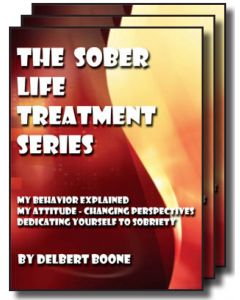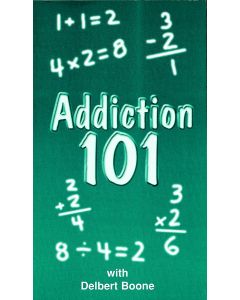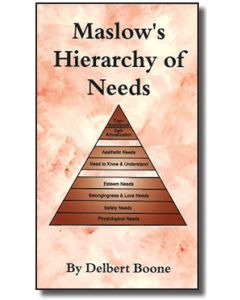Treatment
Alcoholics Anonymous and Narcotics Anonymous are one of the most widely known self-help organizations in which members support each other not to use alcohol. Social skills are significantly impaired in people suffering from alcoholism due to the neurotoxic effects of alcohol on the brain, especially the prefrontal cortex area of the brain. It has been suggested that social skills training adjunctive to inpatient treatment of alcohol dependence is probably efficacious, including managing the social environment. A number of medications have been approved for the treatment of substance abuse. These include replacement therapies such as buprenorphine and methadone as well as antagonist medications like disulfiram and naltrexone in either short acting, or the newer long acting form. Several other medications, often ones originally used in other contexts, have also been shown to be effective including bupropion and modafinil. Methadone and buprenorphine are sometimes used to treat opiate addiction. These drugs are used as substitutes for other opioids and still cause withdrawal symptoms but they facilitate the tapering off process in a controlled fashion.
-

-
 The Rules of RecoverySpecial Price $199.00 Regular Price $249.00Delbert Boone emphasizes the importance of getting dry so that one can begin to realize what addiction has taken from their life. Learn More
The Rules of RecoverySpecial Price $199.00 Regular Price $249.00Delbert Boone emphasizes the importance of getting dry so that one can begin to realize what addiction has taken from their life. Learn More -
 Addiction 101Special Price $175.00 Regular Price $249.00In this video, teens share how peer acceptance, coupled with curiosity about drugs has resulted in troubling effects in their school and home life. Learn More
Addiction 101Special Price $175.00 Regular Price $249.00In this video, teens share how peer acceptance, coupled with curiosity about drugs has resulted in troubling effects in their school and home life. Learn More -
 Alibi vs. DenialSpecial Price $224.00 Regular Price $299.00Delbert Boone explores denial and discusses how many healthcare professionals often say that addicts are in "denial." Learn More
Alibi vs. DenialSpecial Price $224.00 Regular Price $299.00Delbert Boone explores denial and discusses how many healthcare professionals often say that addicts are in "denial." Learn More -
 Maslow's Hierarchy of NeedsSpecial Price $259.00 Regular Price $349.00Delbert Boone discusses Dr. Abraham Maslow's theory that human beings are motivated by unsatisfied needs. Learn More
Maslow's Hierarchy of NeedsSpecial Price $259.00 Regular Price $349.00Delbert Boone discusses Dr. Abraham Maslow's theory that human beings are motivated by unsatisfied needs. Learn More
